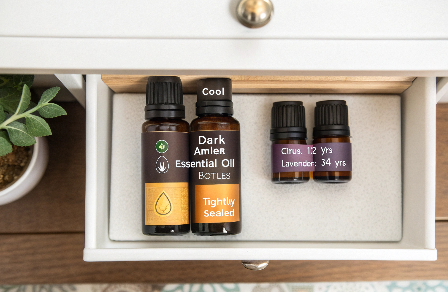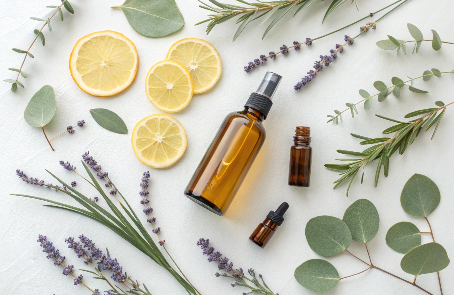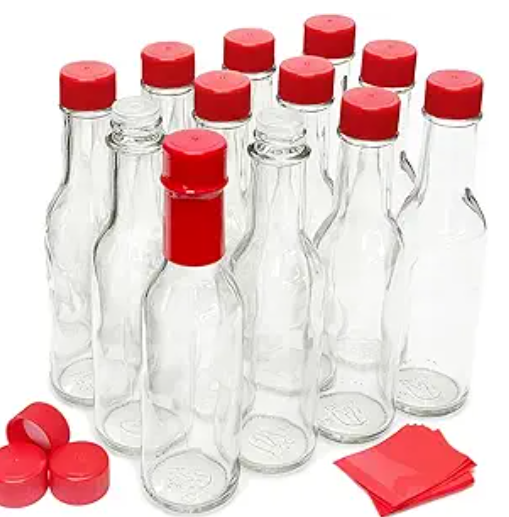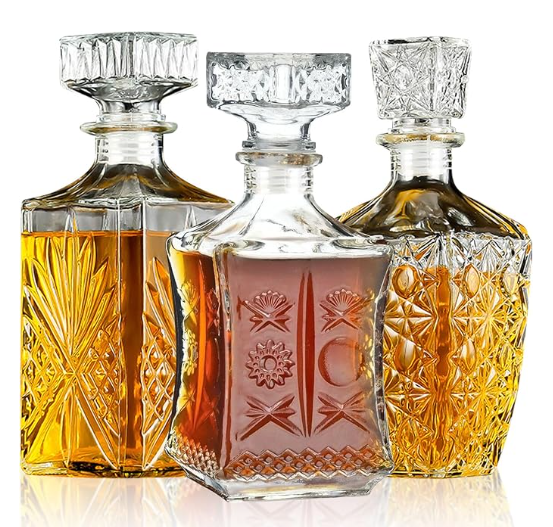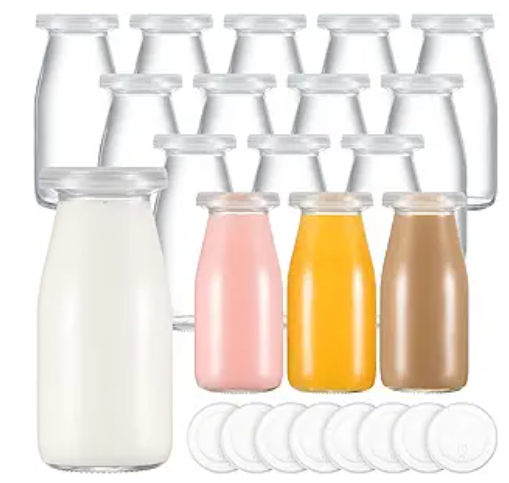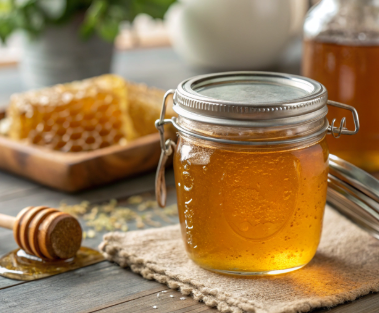Tired of store-bought air fresheners that smell artificial or fade too fast? Try making your own with essential oils—natural, customizable, and surprisingly easy.
To make an air freshener with essential oils, simply mix your favorite essential oil with water, alcohol, or witch hazel in a spray bottle. Customize the scent, spray around your space, and enjoy the fresh, toxin-free aroma.
Essential oils not only smell amazing but also offer natural antibacterial and deodorizing properties. If you're creating a wellness or beauty brand, homemade sprays are a great product testing or gifting idea. Let's dive deeper.
How can I make my own air freshener with essential oil?
Store-bought air sprays often contain chemicals like phthalates or synthetic fragrances, which some consumers avoid. Creating your own essential oil air freshener lets you control every ingredient—and it's fun.
You can make your own air freshener by combining distilled water, essential oils, and a binding agent like alcohol in a glass spray bottle. Shake well before each use.
What You Need
| Ingredient | Purpose |
|---|---|
| Distilled Water | Acts as a base |
| Essential Oils | Adds fragrance and benefits |
| Alcohol/Witch Hazel | Helps disperse oil and preserve mix |
| Glass Spray Bottle | Eco-friendly and safe for oils |
We recommend using amber or cobalt blue glass bottles to protect the oils from UV damage—something PauPack specializes in. Whether you're testing scents for personal use or launching a home fragrance line, our glass spray bottles offer customizable sizes and finishes.
Example Recipe
-
1 cup distilled water
-
2 tablespoons witch hazel or vodka
-
20-30 drops of essential oil (e.g., lavender + lemon)
Shake before each use. Spray into the air, on fabrics, or in the bathroom.
How do you dilute essential oils for air freshener?
Essential oils are potent and can irritate skin or surfaces if not properly diluted. The key to a safe and effective spray is getting the ratio right.
To dilute essential oils for air freshener, use 10–15 drops per ounce of liquid base (water + alcohol). Adjust based on room size and oil strength.
Understanding Dilution
| Usage Area | Recommended Ratio | Notes |
|---|---|---|
| Small Rooms | 10 drops per 2 oz bottle | Light, refreshing scent |
| Large Spaces | 20–30 drops per 4 oz bottle | Bolder aroma, more coverage |
| Pet-Safe Zones | Max 5 drops per 2 oz bottle | Avoid tea tree, eucalyptus |
Diluting also helps the oils mix better with water. Alcohol (like vodka) or witch hazel acts as a solubilizer, binding oil and water together. Without it, oils may float and clog spray nozzles.
At PauPack, we offer custom-designed droppers and fine mist sprayers, so you control exact output and achieve even distribution—key for professional-grade air sprays.
How do you make an odor eliminator with essential oils?
Scenting the air is one thing—eliminating bad odors is another. That’s where odor-neutralizing essential oils and natural absorbers come in.
To make an odor eliminator, combine essential oils like tea tree, eucalyptus, or lemon with baking soda or white vinegar in a spray bottle or jar.
Odor-Fighting DIY Spray
-
1 cup distilled water
-
2 tablespoons white vinegar
-
15 drops tea tree + 10 drops lemon essential oil
The vinegar neutralizes odors, while oils disinfect and refresh. For long-lasting results, pair this with baking soda air jars: fill a small PauPack glass jar with baking soda and essential oils, cover with fabric, and place in smelly spots like closets or shoes.
Best Essential Oils for Odor Removal
| Odor Type | Recommended Oils | Why It Works |
|---|---|---|
| Pet Smells | Lemon, Lavender, Cedarwood | Freshens + antibacterial |
| Cooking Smells | Peppermint, Eucalyptus | Sharp, clean scents |
| Mold/Must | Tea Tree, Thyme, Clove | Anti-fungal, strong deodorizer |
This is a practical product for Aromatherapy or Cleaning Brands to test as part of a new line. At PauPack, we can provide custom-labeled amber jars and bottles in small MOQ batches—ideal for indie launches or seasonal kits.
Can you mix essential oils with water to make a room spray?
If you’ve ever tried mixing oil and water, you know they separate. So what’s the workaround for room sprays?
Yes, you can mix essential oils with water, but you need a binding agent like alcohol or emulsifier to keep the oil dispersed. Shake well before every use.
The Science Behind Mixing
Without a solubilizer, oil will float on water. When sprayed, it might clog nozzles or leave uneven scents. A little vodka or witch hazel helps evenly distribute the aroma.
| Component | Function |
|---|---|
| Essential Oil | Scent & therapeutic properties |
| Distilled Water | Base carrier |
| Emulsifier (Alcohol) | Helps combine oil + water |
| Optional: Glycerin | Adds smoothness to spray |
For a luxury spray line, consider adding botanicals like dried lavender or rose petals inside clear PauPack glass bottles. They elevate aesthetics and communicate natural value—something our eco-conscious customers love.
PauPack bottles are compatible with fine mist, sprayers, or roll-ons, depending on your delivery method. Want to test a few options? We offer low MOQs and fast sampling.
Conclusion
Making your own essential oil air freshener is simple, cost-effective, and a smart step toward clean living—or launching your next bestselling product.




